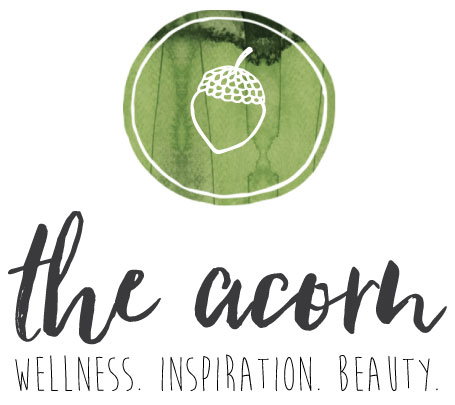Rethinking Economic Growth to Save the World
Trailblazers
This year, New Zealand became the first country to phase out gross domestic product (GDP) as its main measure of success. The government, led by Prime Minister - and visionary - Jacinda Ardern, released a budget that aims to maximize well being instead.
Schools, hospitals and roads will have their budgets allocated as usual, but all other resources will be distributed according their impact on five priorities,
mental health
child well being
indigenous rights
digital currency
building a low emission economy
In one fell swoop, New Zealand has upset the accepted dogma, universally adopted since the dawn of the Industrial Revolution, that economic growth depends on endless expansion.
GDP as a measure is flawed in more ways than one. Currently, for example, it doesn’t measure services, which account for 80% of economic activity. Think of the boom in services we’ve experienced in just the past decade; TV and music streaming, food delivery, travel apps, social media platforms, even your local dog walker. This is the future, we just don’t count it yet.
New Zealand has gone one step further, tracking what they call GPI, or a Genuine Progress Indicator. Instead of focusing on manufacturing, they will measure in very real ways how they fare on emissions, mental health, and overall wellness. When these factors are accounted for, our world economy is not quite as healthy as we’d like to think.
Ardern’s move speaks to a contradictory fact of modern life, namely that we all strive to earn money for the goods and services that make living more enjoyable, but also subscribe to the goal of making our world a healthier place.
When we define growth as consumption, this is an unsolvable puzzle, not to mention an environmental disaster.
But if we shift our focus from physical production, the traditional barometer of GDP, to communal happiness and well being, things begin to get interesting. In fact, the possibilities are endless.
“Imagine if things that are currently excluded, but which many of us value, entered our calculations of economic progress: leisure time, unpaid volunteer work, clean air, low crime, longer and healthier lives”
David Pilling, the Financial Times
That’s an idea worth spreading.
For more Good News, check out the Acorn Archive! If you enjoyed this article, please share it :)



